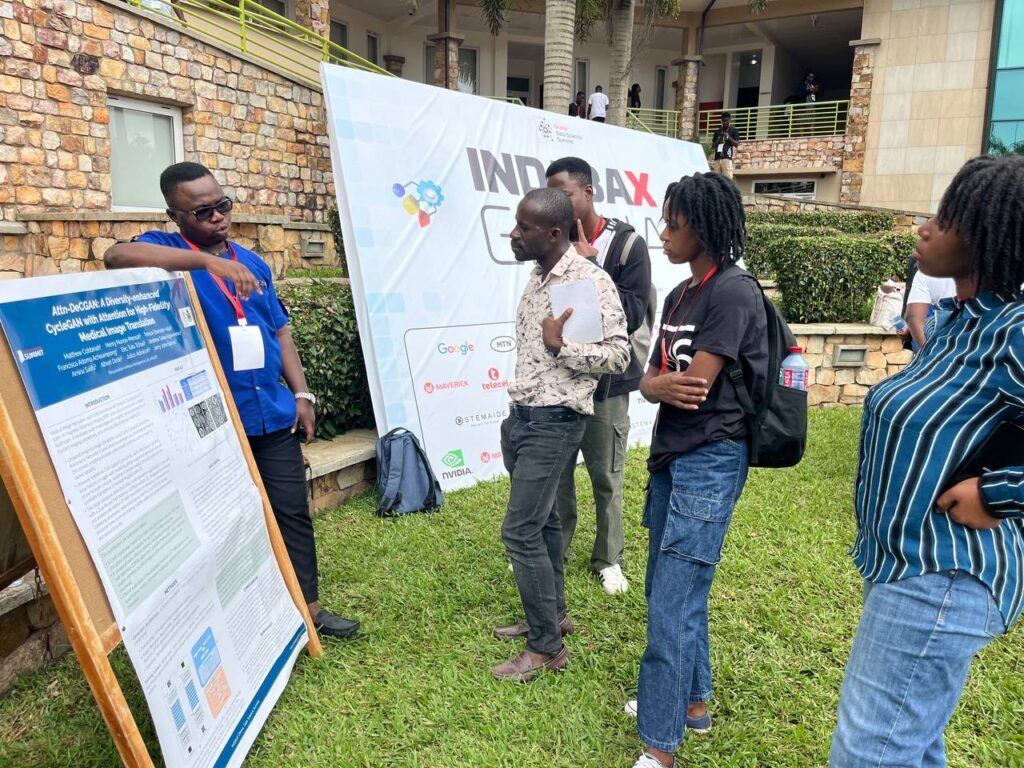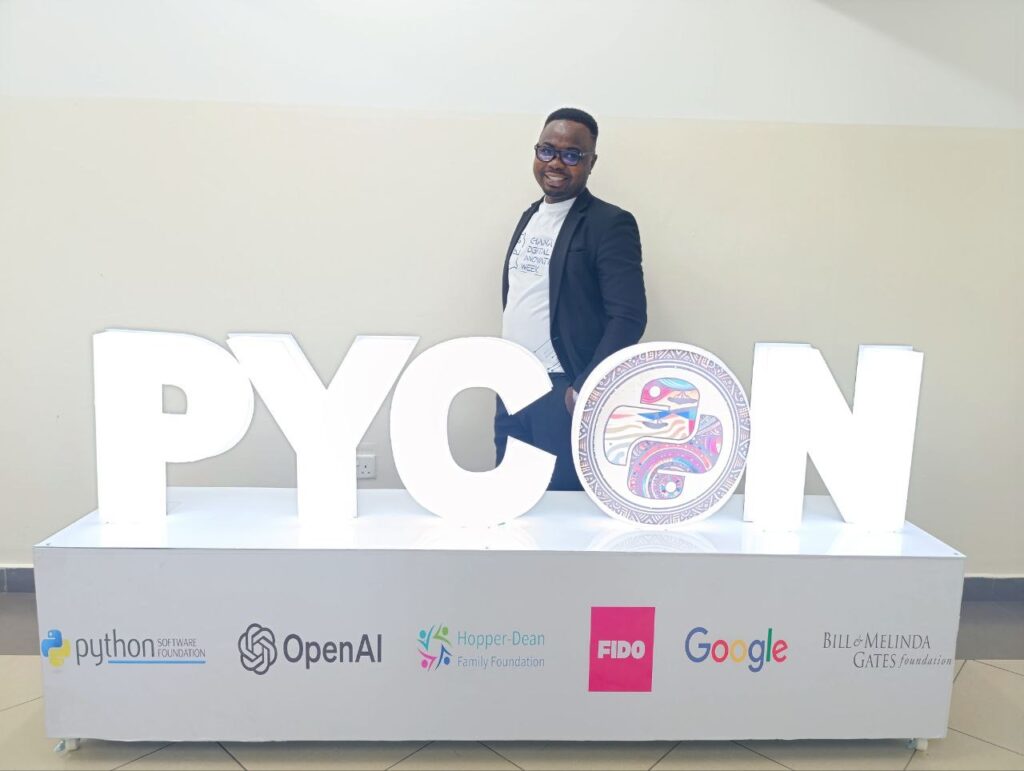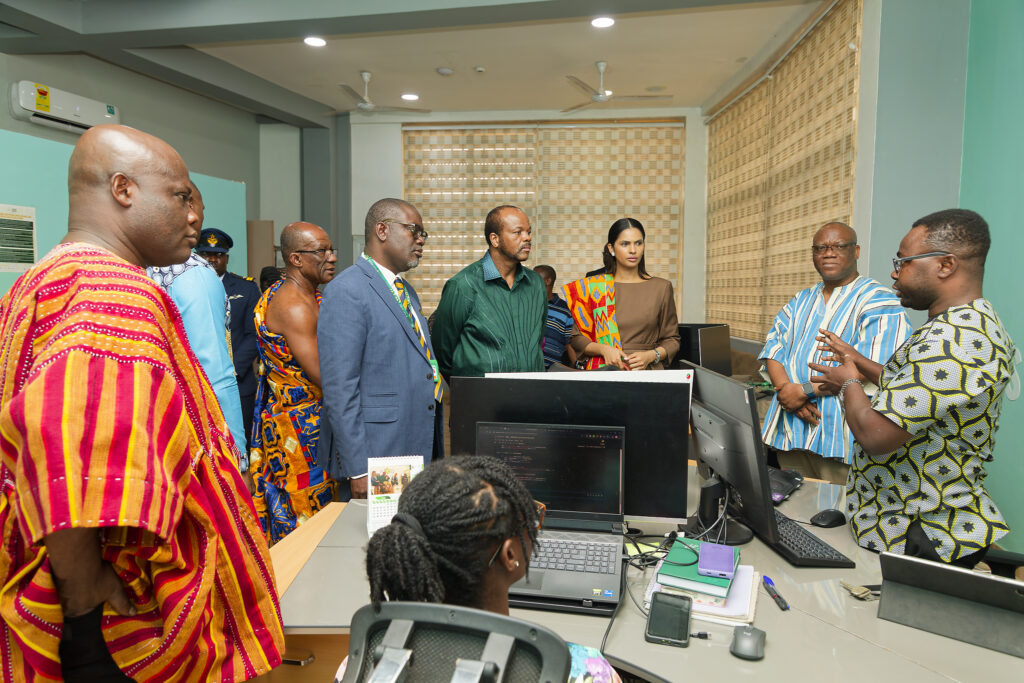Matthew Cobbinah is a PhD candidate in Computer Engineering at Kwame Nkrumah University of Science and Technology (KNUST) and a scholar of the Responsible Artificial Intelligence Lab (RAIL). His research centres on generative modelling with a special focus on Generative Adversarial Networks (GANs) for unpaired medical image translation, particularly in CT–MRI synthesis tasks. His work aims to improve diagnostic relevance in radiological imaging by addressing long-standing challenges such as mode collapse and structural degradation in GAN-generated outputs.

Matthew’s contributions span both theory and application. His systematic review of mode collapse mitigation strategies (doi.org/10.1002/eng2.70209) has become a foundational resource for GAN researchers. Building on this, he developed DeCGAN and Attn-DeCGAN, two CycleGAN variants that incorporate spectral normalisation, VGG-based structural loss, and a hybrid attention mechanism to enhance both diversity and anatomical fidelity in medical image translation. His recent work on Attn-DeCGAN is published in Engineering Reports (doi.org/10.1002/eng2.70320).
These architectures demonstrate superior performance on key metrics (FID, PSNR, SSIM, LPIPS) across CT→MRI and MRI→CT tasks and have been validated by expert radiologists for clinical plausibility. His ability to integrate theoretical insight with practical impact positions him at the intersection of academic research and real-world medical AI applications.

Beyond technical novelty, Matthew’s work has strong clinical relevance. By enabling reliable MRI synthesis from widely available CT scans, his models benefit patients who are unable to undergo MRI due to metallic implants or contraindications. They also offer a practical solution for resource-limited settings, such as in Ghana and other parts of Africa, where MRI machines remain scarce and costly. His research supports safer diagnostics, equitable access to imaging technologies, and robust data augmentation pipelines for AI training in global health contexts.

As a RAIL fellow, Matthew has received mentorship, funding, and international exposure through conferences such as Deep Learning Indaba, PyCon Africa, and the Digital Maadili Summer School on Digital Humanism. These engagements have deepened his interest in AI’s ethics and societal dimensions, particularly in under-resourced healthcare settings.
He remains committed to advancing ethical, inclusive, and structurally aware generative models that meet the high standards required for clinical deployment. His long-term vision is to contribute to the evolving field of AI ethics in healthcare, ensuring that generative models are both technically robust and socially responsible.